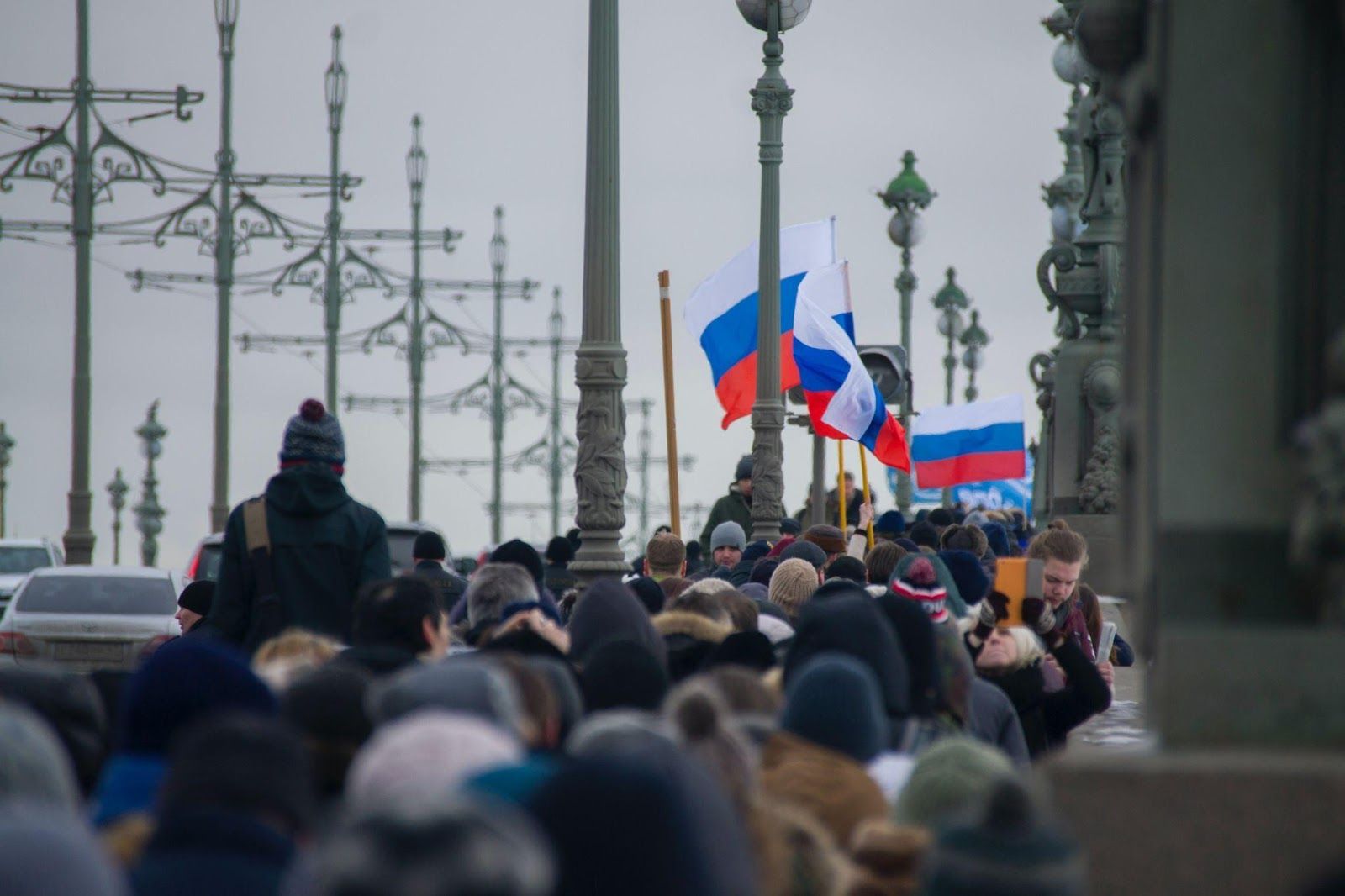The Bank of Russia plans to collect data from commercial banks processing money transfers between individuals.
Measures to curb illegal transactions
The move from the regulator to monitor commercial banks’ activities comes after suspected illegal transactions.
CBR will require additional information from commercial banks to gather data about transactions such as; money transfers between Russians.
Russian banks have reportedly been issued with a new reporting form and expected to share with the CBR; money transfers between individuals, and personal data from senders and recipients.
In what looks like too much spying from the regulator, the monetary authority clarified its measures “aimed at identifying risk areas associated with the use of payment cards and wallets issued to fictitious individuals by cryptocurrency exchangers, online casinos and unscrupulous participants in the financial market for settlements with Russian citizens.”
The regulator explained that it doesn’t plan to obtain data for every case. Rather, it will need data from specific cases that look suspicious. These includes; platforms used for fraudulent operations or large sums of money transferred many times to the same recipient.
Further, the bank insists that it will not ask for information to identify individual customers but will require additional data from commercial banks if need be.
Online exchanges are likely to be hit with these measures as some are unauthorized to conduct the business.
Russia’s stance on cryptocurrencies
In most developed nations, cryptocurrency remains a grey area. While some have outrightly declared a ban and issued tough consequences to lawbreakers, others are waiting for decisions on whether to ban or regulate crypto.
Russia is also known as Russian Federation does not accept bitcoin and any other crypto assets as a form of payment.
However, as countries adopt bitcoin, ethereum and altcoins, Russia believes in the central bank digital currencies (CBDC) concept and plans to launch its own government-backed digital currency, the digital ruble.
In a bid to offer Russians a cheaper and faster payment system, the Governor, Central Bank of Russia, Elvira Nabiullina said in an interview, “There is a need for fast, cheap payment systems, and central bank digital currencies can fill that gap. I think it’s the future for our financial system because it correlates with this development of digital economy.”
Russian authorities have for long said that cryptocurrencies pose huge risks such as; money laundering and finance terrorism.
Russia has stringent restrictions as people working in certain government positions are prohibited from owning cryptocurrencies.












